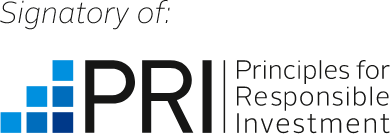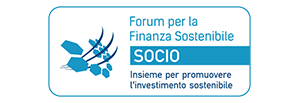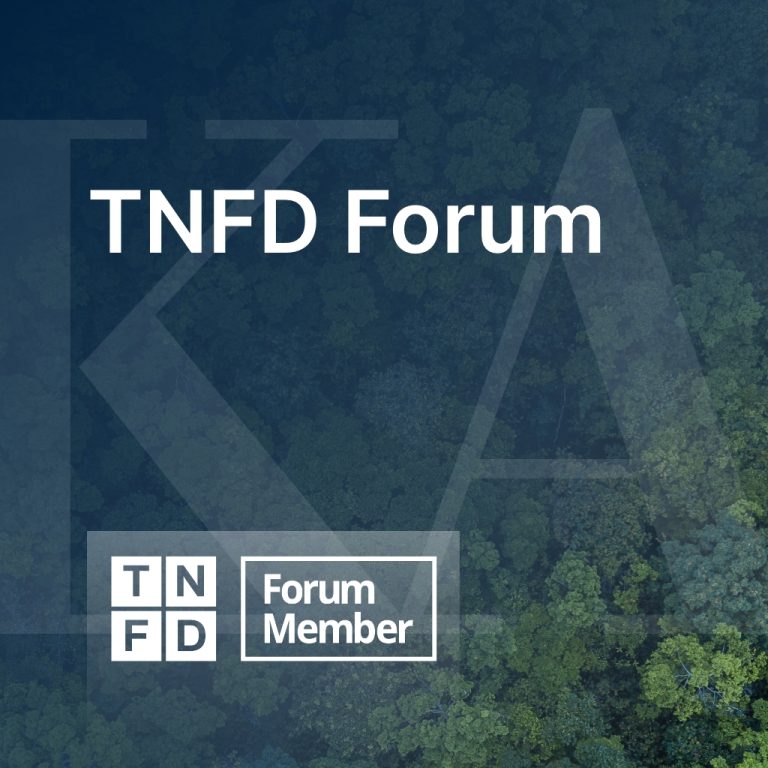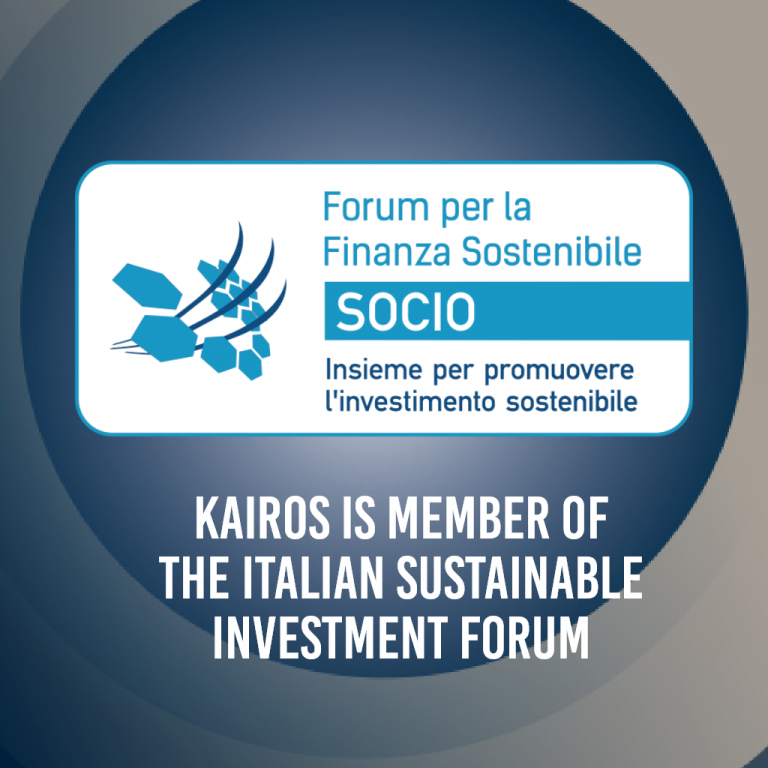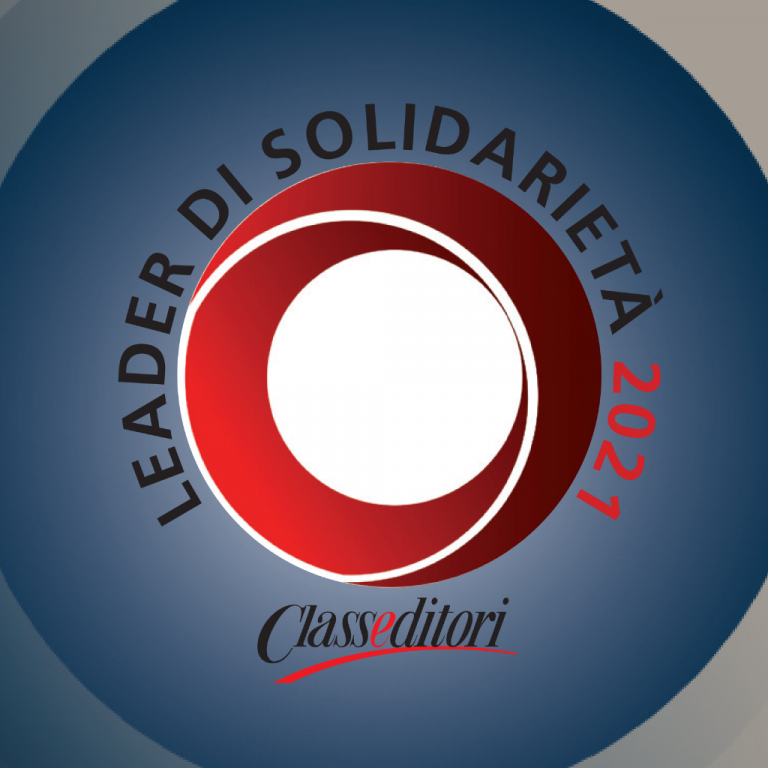OUR COMMITMENT TO SUSTAINABILITY
In a world where we are becoming more aware that everything we do has a significant impact on the environment, society and future generations, the Kairos Group has decided to join the United Nations initiative and become a signatory of the Principles for Responsible Investment (PRI) because we firmly believe in the importance of a responsible management philosophy that takes into account the long-term implications of investment choices and directs capital towards activity which, beyond generating returns, also create value for society.
Integrating ESG (environmental, social, governance) factors into our investment analyses and decision process was only the first step in a broader commitment, however.
According to the Art. 6, 8 and 9 of the EU Regulation 2019/2088 (Sustainable Finance Disclosure Regulation – “SFDR”), Kairos adopts guidelines that are applied in the management of products that integrate the sustainability risk, that promote environmental and social characteristics or that have sustainable investments as their objective. The same guidelines apply to assess and monitor the sustainability risks for the other products and services offered by the Asset Management Company.
SUSTAINABILITY-RELATED DISCLOSURES
Kairos believes that sustainability risk management will make it possible in the future to enhance issuers less exposed to events that could significantly reduce the financial value of the investment and therefore expects that the assessment and monitoring activities of the same risks will have a positive impact in the long term term on the returns of financial instruments.
The description of the approach adopted by Kairos regarding sustainability risk can be consulted in the “ESG Policy” (ART. 3 EU REG 2019/2088)
- Engagement and voting rights policy - Oct. 30th 2024
- Engagement and voting rights policy - Jul. 27th 2022
- Summary of votes submitted - November 30th 2025
- Summary of votes submitted 2024
- Voting and Engagement report - 2024
- Voting and Engagement report - 2023
- Voting and Engagement report - 2022
- Voting and Engagement report - 2021
Kairos Partners SGR, starting from 1 January 2023, takes into consideration the Principal Adverse Impacts (or “PAI”) of its investment decisions on sustainability factors for all the products and services provided (art. 4 reg UE 2019/2088).
Kairos adopts specific ESG objectives consistent with its business model which it integrates into its corporate strategy, promoting sound and effective risk management in the context of sustainability risks also through a remuneration system that does not encourage excessive risk-taking ESG risks.
The description of the approach adopted by Kairos regarding the integration of sustainability risks can be consulted in the “Summary of the Remuneration and Incentive Policy”.
(ART.5 EU REG 2019/2088)
Products that promote environmental and social characteristics or that have sustainable investments as their objective
Looking to a sustainable business culture, within its product offering, the Kairos Group has integrated investment solutions based on principles of environmental sustainability, respect for society and the responsible governance of the companies in which it decides to invest. Thus, Kairos actively supports sustainability features, increasing the value of its customers assets with an approach based on continuity and capital preservation, helping day after day to create a more just world.
Kairos adopts an active and dynamic management philosophy, based on fundamental analysis, with a deep “bottom up” study of the companies in which it invests, allowing the Group to identify the most efficient and best performing businesses. For its products that promote ESG characteristics, Kairos adopts ESG researches by Sustainalytics, a provider able to filter out the most responsible businesses from among the ones chosen, creating value and promoting sustainability criteria.
